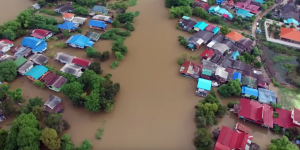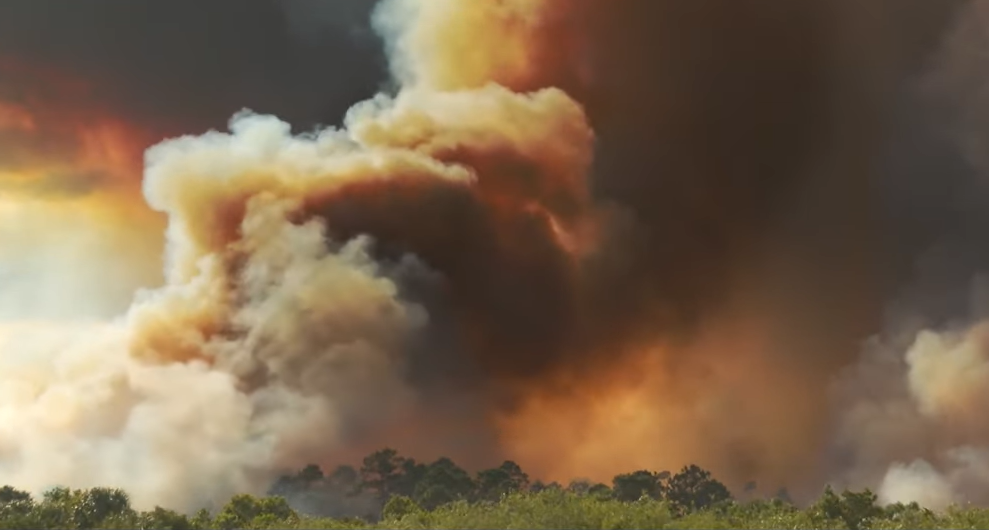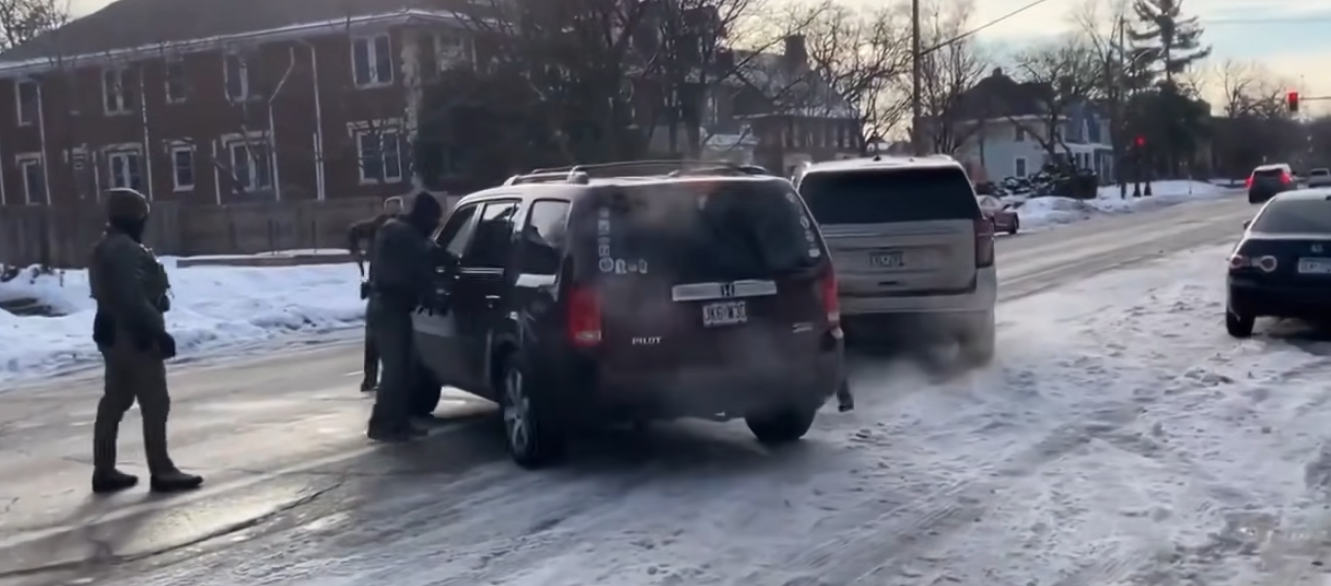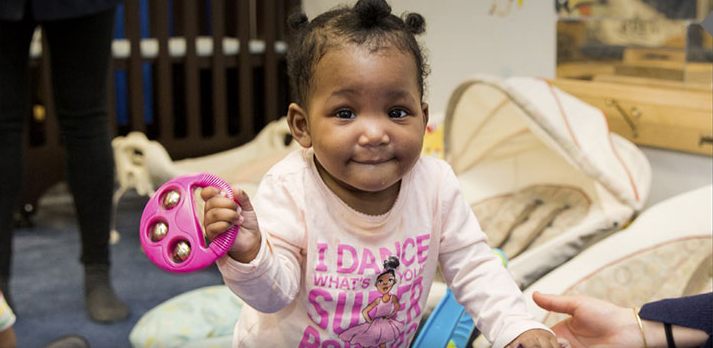By Center For American Progress
Photos: Wikimedia Commons\YouTube Screenshots
Washington, D.C. — From January 2023 through early November, 25 weather and climate disaster events exceeding $1 billion in losses devastated U.S. communities, the highest number of such events ever recorded in a year. As climate change leads to more frequent and severe weather events and emergencies, people and communities will continue to face more injuries, illnesses, and deaths. A new Center for American Progress report outlines what federal policymakers can do to ensure that the providers that serve them are prepared to protect their communities.


Extreme weather events affect everyone—but communities of color and low-income families are at greater risk of experiencing detrimental physical and mental health effects of climate change. On top of this, health care facilities in these communities are more likely to lack insufficient infrastructure to withstand extreme weather and have fewer resources to recover from climate crises. This report offers six recommendations for policymakers to help community health centers and rural hospitals build stable, climate-resilient operations for patients.
Key recommendations include:
- Ensure longer-term sustainable funding, including climate resilience funding, for community health centers and rural hospitals. These providers need increased and consistent operational funding, with additional requirements and investments for climate-resilient infrastructure, and carbon pollution reduction.
- Tailor communications to safety net providers regarding existing resources. Targeted messaging with language sensitive to local sociopolitical dynamics may motivate health care institutions to undertake resilience planning and increase the use of existing federal resources, particularly those available through the Inflation Reduction Act.
- Center climate justice in federal policy efforts. Federal agencies should design programs that incorporate capacity building and technical assistance so that underresourced and understaffed safety net providers can compete for grants against better resourced health care institutions.
- Incorporate health care safety net provider infrastructure into federal health and climate resilience programs. Multisector collaboration is critical to ensuring health care resiliency fits within and aligns with broader local preparedness efforts. For example, health systems and public health agencies can partner with community-based organizations and environmental justice advocates to identify strategies to build resilient communities.
- Ensure that the U.S Department of Health and Human Services’ (HHS’) priorities and budget address the health impacts of climate change. HHS must use its authorities and levers to safeguard the public from the health impacts of climate change and to reduce the health disparities that climate change exacerbates.
- Incentivize reduction in carbon emissions within climate resilience initiatives. All health care systems must both acknowledge the health harms of carbon emissions and take action to reduce their own emissions. However, safety net providers need additional support and incentives to do so given competing constraints.
“Federal policymakers must support safety net providers in leveraging existing resources and incentives all while providing them with additional resources so that they can invest in and prioritize climate resilience,” said Marquisha Johns, associate director for Public Health Policy at CAP. “As extreme weather worsens, it is crucial that our most underresourced providers are equipped to care for patients and communities.”
“Strengthening safety net providers’ infrastructure and enhancing their capacity to mitigate the health threats of changing climate conditions is vital to advancing health equity in vulnerable communities,” said Jill Rosenthal, director of Public Health Policy at CAP.
Read the report: “Climate-Resilient Health Care Promotes Public Health, Equity, and Climate Justice” by Marquisha Johns and Jill Rosenthal









